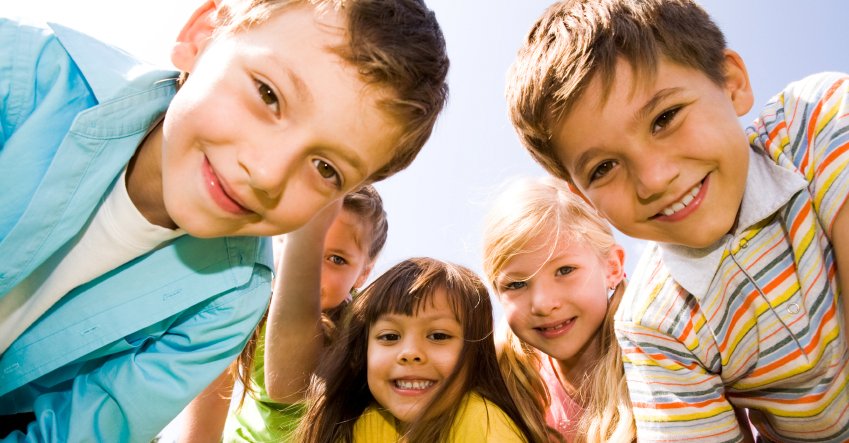 Introduction
Introduction
Prosocial skills are the behaviors that children use to help them get a long with others. Without the appropriate social skills, children risk becoming isolated, victims or bullies. Some can even turn to aggression and violence. These skills include, but are not limited to, effective communication, cooperation, the ability to take turns and share, empathy, problem solving, conflict-resolution, and self-control. Parents may receive feedback from their children’s school or observe poor social skills development at home. There may be sibling conflict, lack of respect for authority, and impulsivity.
Poor Social Adjustment
Many children struggle with developing positive peer relationships due to faulty learning.
From the ages of 2-7 children’s thoughts and communications are typically egocentric (about themselves). They have an inability to see a situation from another person’s point of view. By age 7-8 most children will be able to understand another persons perspective, thus developing empathy. Yet other children don’t pass through this developmental stage. When this occurs they acquire a strong sense of “self-importance.” Some children are unaware of the needs of others and often have difficulty making friends
Many children need to “win”, “be first” or “get chosen” at any expense. It doesn’t matter if they hurt others in the process. This completive style will work against them and friendships will be sacrificed.
Other children sacrifice their own needs for others. Do in part by low self-esteem, these little “people pleasers” often end up feeling left out, resentful, and unsatisfied with friendships.
The most successful approach is for children to develop a strong sense of reciprocity or mutuality where both individual needs and the needs of others are met.
Helping Kids With Limited Prosocial Skills
Psychoeducation and psychotherapy provides kids with the necessary skills to become sensitive to the needs and feelings of others, realizing the impact one has on another (empathy) and the ability to help someone else. Specific interventions can teaches kids how to be competent by improving problem solving, self-control, communication, taking initiative, and sharing. Making use of these skills can lead to cooperation, making friends and keeping them.

